Before the invention of the internet, we only had two ways of selling our second-hand or used products to someone else, and it was the yard sales of the newspapers in which people who wanted to sell their goods advertised their sale on the products. This scenario has completely changed after the invention of the internet.
The invention and advancement in the internet made us enjoy millions of amenities via electronic devices like mobile phones, desktops and laptops. One of the amenities is an online marketplace. An online marketplace is a platform that provides buyers and sellers with a platform.
What is an online selling platform?
An online selling platform is a website or application allowing businesses or individuals to sell products or services to customers online. These platforms typically provide a virtual storefront where sellers can create product listings, set prices, and manage inventory.
Customers can browse these listings, place orders, and make payments securely online. Online selling platforms may also offer additional features such as customer reviews, shipping options, and promotional tools to help sellers market their products and grow their businesses.
Some examples of popular online selling platforms include Amazon, eBay, Etsy, and Shopify. These platforms have revolutionized how businesses reach customers and sell products, making it easier and more convenient than ever before to start an online business.
What are the benefits of selling products online?
A debate about “Brick and Mortar vs. e-Commerce” has been going on for the past few years, with the idea being that one is always better than the other. The question to be discussed should be how e-Commerce can assist brick-and-mortar, not if it will replace it.
There is no doubt that expanding your product or service offerings involves a high level of risk for any company and necessitates effort and dedication from the beginning. But the payoff is larger after it’s all said and done. There are plenty of widely available tools and software to commence selling online, so there are no real barriers to doing so.
1. Provides wide product offering
Online merchants frequently utilize a third party to store or officially own the goods they sell on their behalf. It opens up the opportunity of delivering a greater product choice to your clients, enabling you to compete with bigger companies in e-Commerce because you are not required to manage your own stock in your own warehouse.
If you employ dropshipping, it’s also important to pick an Order Management System provider because you may White Label your products with your brand to make it seem like they were shipped straight from your store. Paying attention to these minor details gives your customers a sense of consistency and reinforces your brand.
2. 24/7 Available for your Customers
It’s a good idea to consider allowing orders to be completed around the clock when deciding whether to launch an online marketplace. It doesn’t follow that you must spend all of your time at your laptop, but an OMS would be a wise choice to aid with the peak e-Commerce demand hours. An OMS will handle the paperwork for you.
For instance, if a buyer orders anything from your shop late one night through Etsy, freeing you from having to sit in front of your computer. It makes sense to employ software that enables you to deliver this service to your clients in a world where consumers expect to be able to make purchases whenever they want.
3. Global Audience Reach
The ability to sell through countless markets is the most obvious advantage of selling online. The market is there, but not all of it will use sites like Amazon or eBay to make purchases. Your chances of reaching a larger potential audience increase if your OMS makes it simple to sell across various marketplaces. An OMS can also make this procedure simple for you if your company runs numerous brands and help you keep track of each one.
Best Platforms to Sell Your Products Online
| Platform Name | Country | Overall Ratings |
| China | ||
| India | ||
 | United States | |
 | United States | |
 | United States | |
| United States | ||
 | United Kingdom | |
 | Singapore | |
 | United States | |
| United States |
1. AliExpress
AliExpress is a China-based online marketplace with a customer base across 230+ countries. With such a wide customer base, AliExpress undoubtedly is known as a global online marketplace.
The fees on AliExpresses are very low, but they can vary depending on your product and the category it will be counted into. As a commission for successful sales, you just have to 5%-8% of your total business.
Low fees and a huge customer base are not the only reasons responsible for AliExpress’s popularity. The customer service offered by AliExpress is incomparable. Hence, you need not stay concerned about your customers or whether they are taken care of by answering their queries as soon as possible.
Besides this, AliExpress provides a smooth and quick payment process, i.e., the business merchant will receive the order payment as soon as the order is delivered to the customer.
2. Flipkart
India is gradually becoming one of the biggest economies in the world, and so are Indian marketplaces. Flipkart, one of India’s largest online marketplaces, has recently become so popular that its online store earned over $4.5 billion in 2021 alone.
Similar to Amazon, Flipkart was initially an online bookstore, but now it has expanded its categories. Flipkart now has every type of product, from apparel to cosmetics and electronics, Flipkart has it all.
Flipkart’s functionalities are very easy to use. Merchants can set up their profiles on their own for FREE. The easy-to-use functionality made Flipkart earn 200 million potential users.
Flipkart offers a seller protection program, meaning that you and your business are insured if things go sideways. Because of this feature, Flipkart’s global fulfillment networks are considered the best. Although there are 10,000+ delivery agents and over 200 pick-up stations, so, you need not worry about your international shipments.
3. eCrater
The main center of attraction about eCrater is that you are free to set up an online store without any cost. eCrater provides you with a huge range of website templates that can easily be used to create an attractive eCommerce store.
eCrater users claim it is a nice substitute for eBay for those looking for some change in their eCommerce website. Also, users can easily import their product listings from eBay.
Unfortunately, eCrater visitors are not provided any satisfactory information about the platform, but with ~65,000 active eCommerce stores on-site, business merchants can choose eCrater as their online marketplace alternative to selling their products. eCrater is not the only eBay alternative trending in 2023; there are 15+ eBay alternatives making headlines for every business.
4. Chairish
If you are looking for a platform to sell/buy any high-quality furniture or home decor, Chairish is the website you are looking for. Chairish does not charge any product listing fees, but it has certain product listing guidelines, so if you submit any product listing, it will be first reviewed by the platform, and if all the guidelines are fulfilled, you will be good to go.
Though the platform offers free product listing, it charges a certain successful sales commission:
- For the first $2500, it will charge a 20% commission
- For $22,500, it will charge a 12% commission
- For $15,000, it will charge a 3% commission
Chairish itself handles shipping logistics so that you can stay stress-free about your big shipment orders. If you want to sell furniture or any home decor items, you can easily do that on Chairish.
5. eWorldTrade
A global marketplace that makes buying and selling easier is eWorldTrade, as the name suggests. One of the biggest platforms, it has amazing services for its millions of customers and dealers.
eWorldTrade, in contrast to other specialized platforms, deals with every product from every sector. They can be sold as sports equipment, gadgets, apparel, or shoes. The platform’s comprehensive directory allows it to verify every buyer on eWorldTrade.
Comparing eWorldTrade to other platforms, it also has respectable process ranges. eWorldTrade’s advisors and staff offer assistance in every situation if a seller is unsure how to use the platform. Every party can deal more easily on eWorldTrade because the process of listing products is uncomplicated.
6. Nextdoor
Nextdoor is focused on community, much like Craigslist does. It’s a forum where neighbors may communicate about events in their community, from promoting a block party to expressing dissatisfaction with the traffic on their streets.
In addition to serving as a community forum, Nextdoor offers a free online marketplace. Although there are no listing or membership fees, unlike Craigslist and Facebook Marketplace, you must meet your buyer in person to conduct the exchange.
Since you must register and make an account on this website, it feels safer than Craigslist. It is typically more private and has fewer frauds as a result.
7. Gumtree
A Craigslist substitute that gained enormous traction in Europe and Australia is called Gumtree. It is another online classifieds site with a wide range of listings, including offers for jobs and used cars.
In the UK, Gumtree is among the top platforms for local sales. A person will come to your house to pick up the old TV set and Movies you listed together on Gumtree.
Despite the fact that Gumtree is generally free, several upgrades are available. You can pay to increase your visibility, for instance, or to upload more photos.
8. Shopee
Shopee, a mobile-centric and social-first Singapore-based eCommerce marketplace platform, bridges the gap between buyers and sellers by providing them with a platform where buyers can buy their desired products and sellers can expand their customer base and business empire.
Shopee was established in 2015. Being a Singapore-based marketplace, it has a huge customer base across East and Southeast Asia. But it has gained popularity over time in major Asian countries like Thailand, Taiwan, Malaysia, Philippines, Vietnam, Indonesia, mainland China, Japan, Hong Kong and South Korea. Shopee’s popularity did not limit to Asian countries only. It expanded its business across some Latin American countries like Colombia, Brazil, Chile and Mexico.
When Shopee was launched in 2015, it was mainly a C2C (consumer-to-consumer) marketplace, but as it expanded its business, it moved to a hybrid model of both C2C and B2C (business-to-consumer).
9. Swappa
Buying and selling electronic devices is possible on Swappa. The platform has a wonderful reputation because the staff behind it has done a superb job of removing trolls and fraudsters. Naturally, this implies that they will carefully examine your product, but if you only offer items that are in good functioning order, this won’t be a problem.
The creation of listings on Swappa is free for sellers. Yet for $5, you can opt to have your listing featured. Moreover, Swappa transactions are frequently conducted through PayPal, which levies fees on both buyers and sellers for each transaction. Yet, Swappa charges one of the lowest rates among all the marketplaces on our list.
10. Handshake
If you own a wholesale business and plan to expand your business, shake hands with Handshake. It is a hand-selected wholesale market where you may sell distinctive goods under your own brand. (no reselling of third-party products is allowed).
However, before you can apply, you must fulfill their set of minimum eligibility requirements to be eligible to sell here. These requirements include having a live Shopify store with order history. Additionally, it is only open to customer-focused firms with roots in the US.
Although the application procedure may be a hassle, their pricing benefits it. It is totally free. Additionally, they don’t impose any fees or commissions on your transactions.
Build Your Own Website
Nothing more than your online store can improve your online selling. The benefits provided by your own online store are much beyond the benefits any marketplace has to offer. Hence, before going to any marketplace, have an online existence of your own business because it is the only effective way to build your brand.
Starting an online store is no less than a nightmare, but once properly established with eCommerce platforms like Magento, WooCommerce, Shopify, etc., it will be no less than heaven for you. These platforms will help you launch your fully-functioned business website within no time.
Along with this, one of the best benefits your own online website serves is that you are allowed to keep all your revenue and profits to yourselves, i.e., you need not give any commission to any platform. And last but not the least, you must also consider investing in a mobile app for your mobile-centric customers and launch a mobile app too.
Which platform will you choose?
No matter what product type you sell, there is a marketplace for every product category.
Even if you have your business website, pairing up with marketplaces will not put you at any loss. It will help you reach a wider customer base than your business website. But linking the business online with a marketplace is not enough for your business. You must follow eCommerce tips to drive more sales to your business. With this, selling trending products online can also help you with your brand establishment.
Now that you have this list of the best eCommerce platforms, we hope you easily decide the best platform for your business.



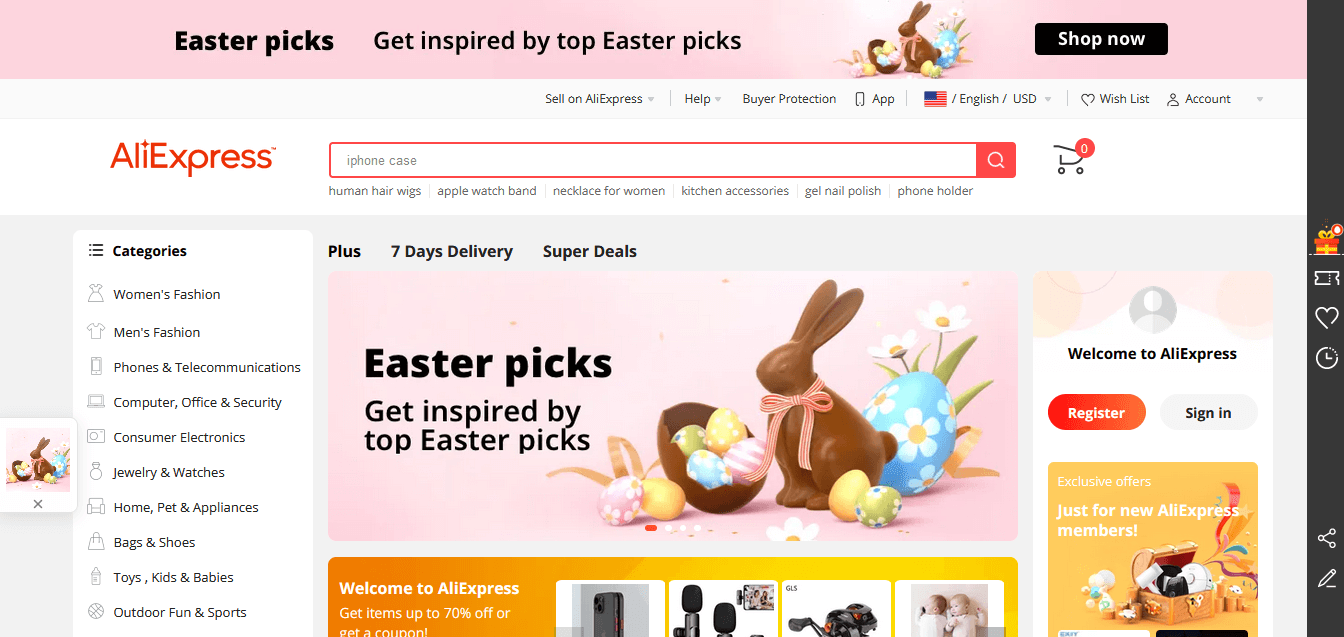
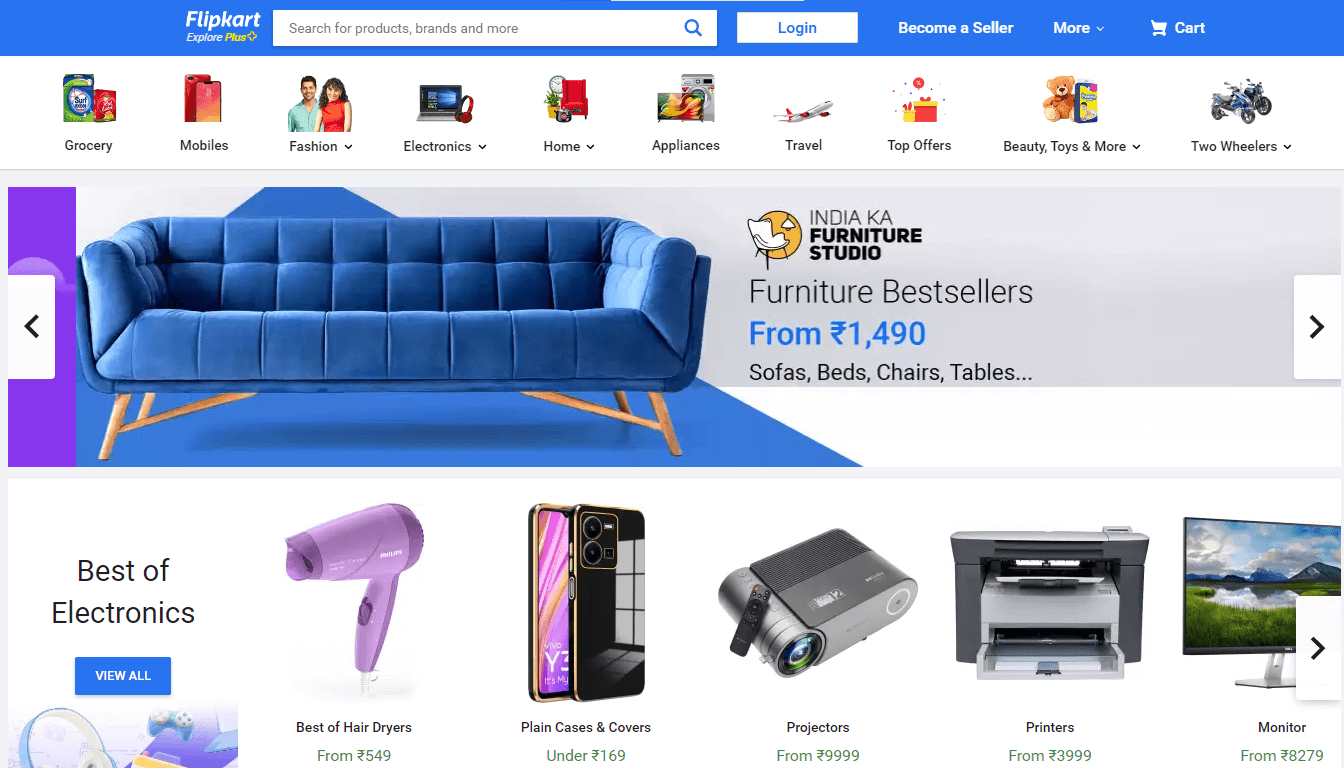
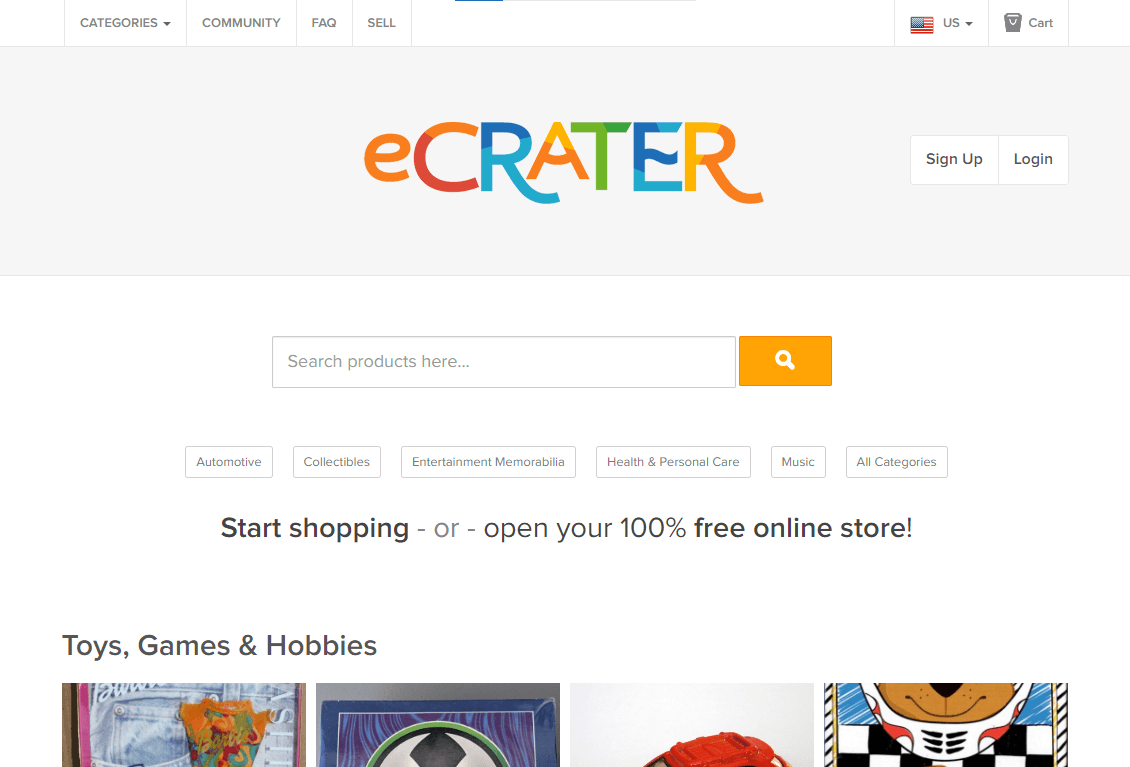

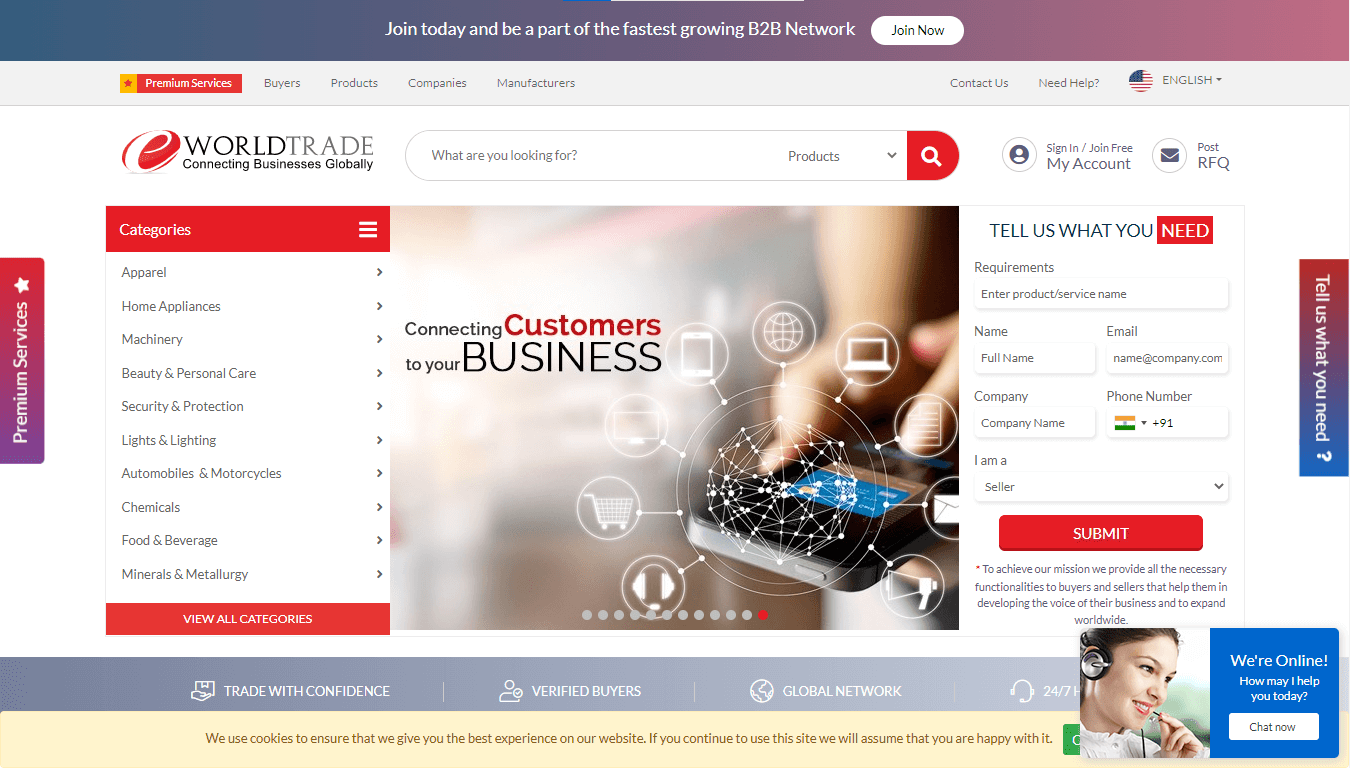
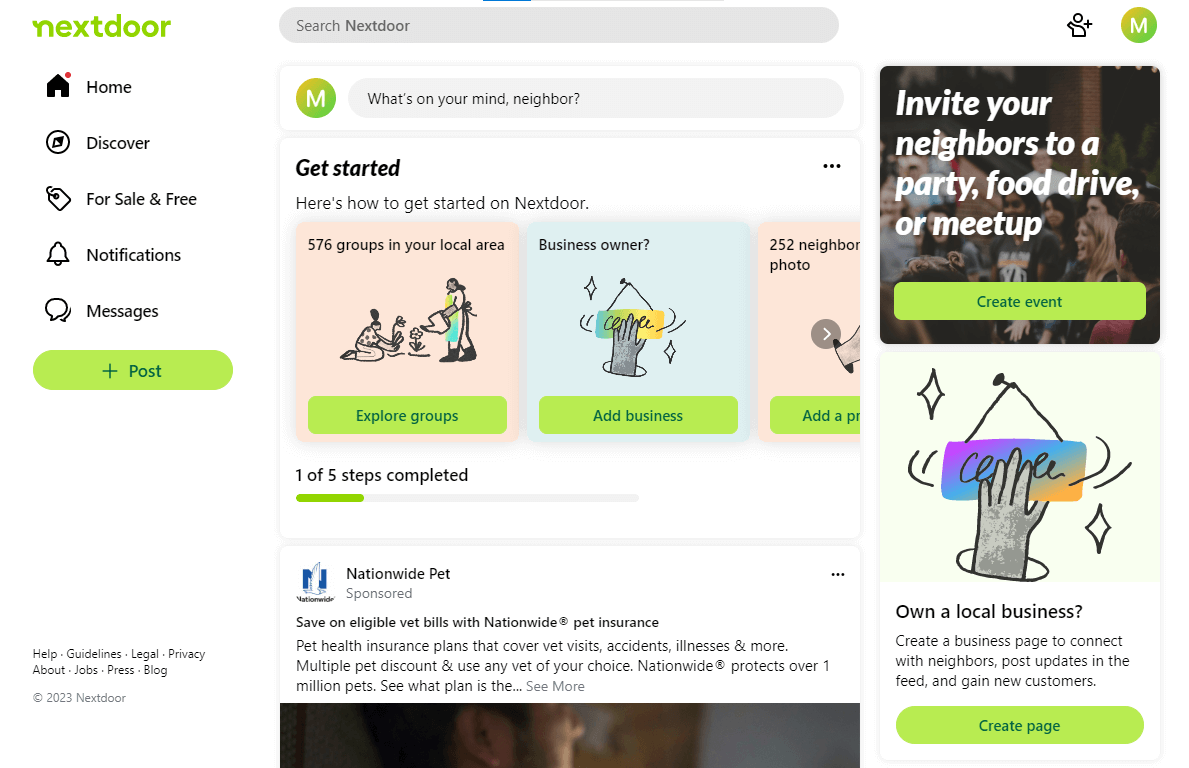

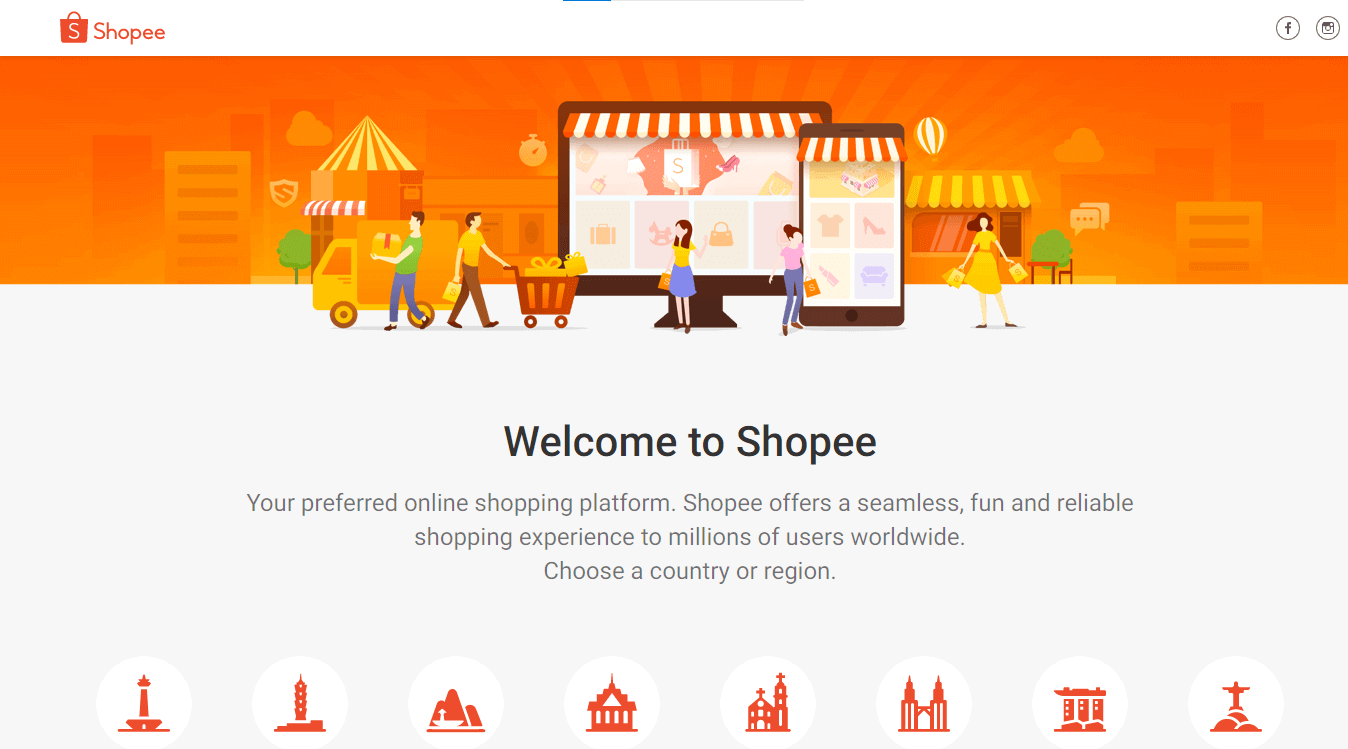
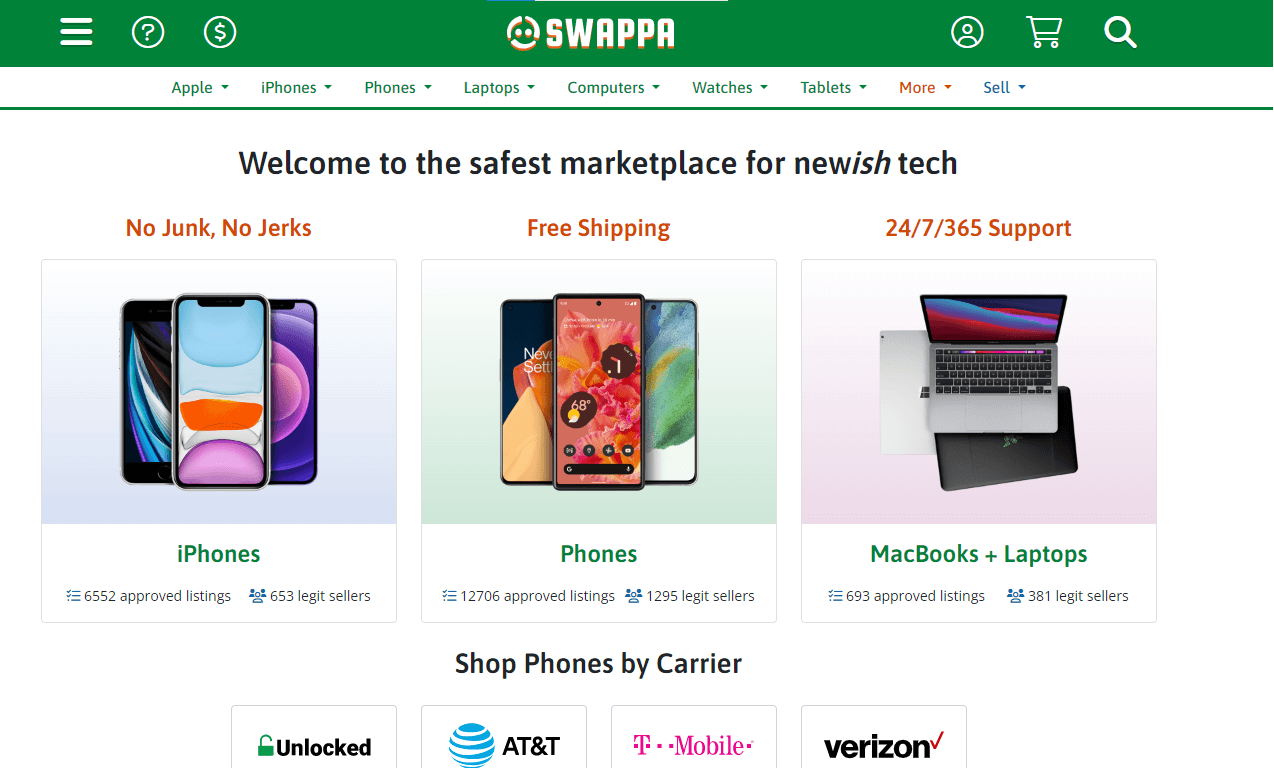
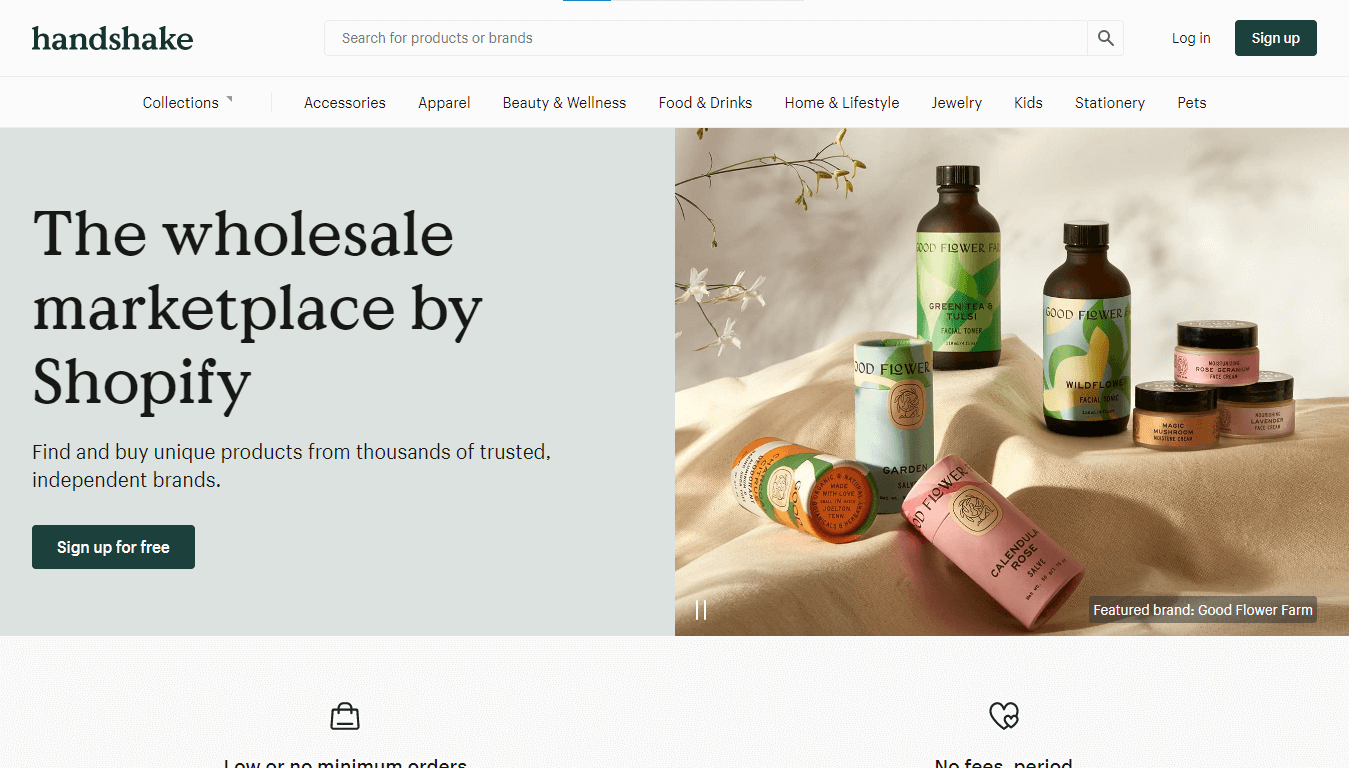
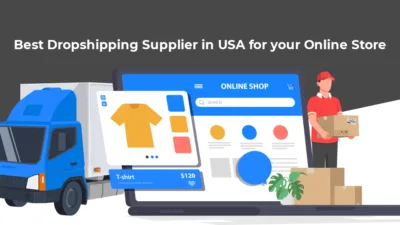


Your blog post was thought-provoking and well-supported. I enjoyed how you presented different viewpoints and supported your arguments with evidence.